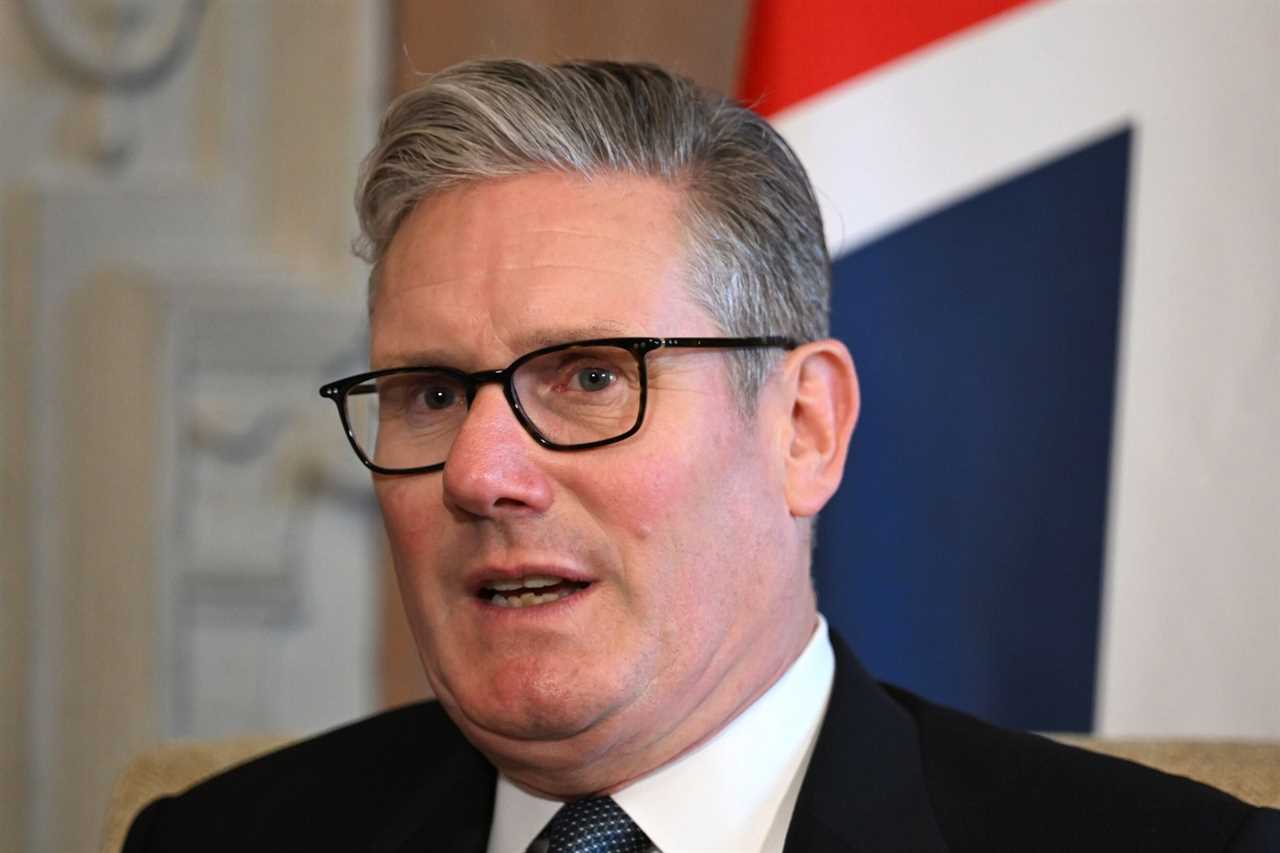
In a climate of escalating tensions in Gaza, Justice Secretary Shabana Mahmood is intensifying calls for Labour leader Sir Keir Starmer to formally acknowledge the state of Palestine. This move, she argues, would not only symbolize support but also send a resolute message to the Israeli Government. Amid global pressures for recognition, the UK finds itself at a critical juncture in its foreign policy stance.
Challenging Diplomatic Status Quo
As voices clamour for recognition, the question of Palestinian statehood transcends mere symbolism. The mounting pressure on Sir Keir Starmer underscores the shift towards a more assertive stance on the Israeli-Palestinian conflict. The complexities of this geopolitical quagmire demand a reevaluation of traditional diplomatic norms. How can the UK navigate its historical ties while responding to contemporary calls for justice?
Global Solidarity and Diplomatic Consequences
From political figures like Mayor Sadiq Khan to international leaders such as Emmanuel Macron, the chorus for Palestinian recognition is growing louder. The implications of this decision extend beyond symbolic gestures, delving into the heart of global solidarity and diplomatic repercussions. How will the UK's stance influence broader Middle Eastern dynamics, and what responsibilities come with taking a firm position on Palestinian statehood?
The Intersection of Human Rights and Foreign Policy
At the core of this debate lies the intersection of human rights advocacy and foreign policy pragmatism. Justice Secretary Shabana Mahmood's call for recognition reflects a broader trend towards aligning international relations with ethical imperatives. Recognising Palestine as a state represents not just a diplomatic manoeuvre but a moral stand. How can the UK balance its geopolitical interests with its commitments to human rights and international law?

In the midst of a humanitarian crisis, the urgency for decisive action is palpable. The echoes of past conflicts and geopolitical entanglements reverberate through the current calls for recognition. It is within this complex tapestry of history, politics, and morality that Sir Keir Starmer finds himself pressured to make a defining decision.






